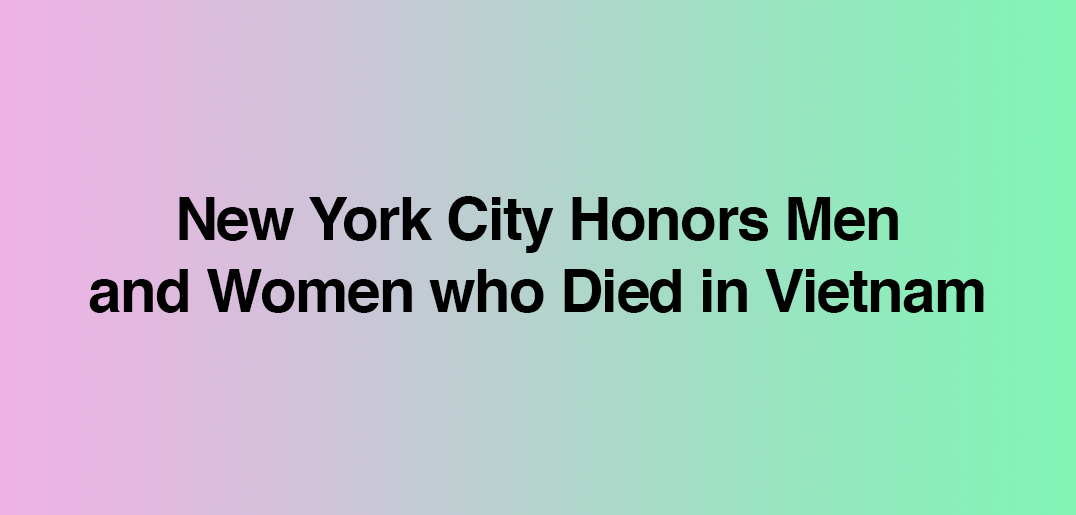Leo E. Ours, Jr. Author “Hospital on Wheels, World War II MASH
I was fortunate in being presented the opportunity to discuss my father’s service as a medical and surgical technician in World War II. My father had remained silent for 63 years and only decided to talk when he received his duffel bag that had been lost for 54 years. This proved to be the catalyst that opened a flood of memories and stories. I was so moved and intrigued by the stories that I felt compelled to record an oral and later a written history of his service to our country. I began a journey that was to be one of my most rewarding endeavors and one I will cherish for the rest of my life since it drew both my father I closer together.
I have compiled a list of ideas that may help you to open those flood gates and be rewarded with a legacy of memories that will not be lost to history.
There are several reasons why veterans may not want to discuss their war experiences. The following list is not inclusive:
- Their experiences may be too painful to remember.
- They may be having readjustment problems. They may be suffering from Posttraumatic Stress Disorder (PTSD)*
- They may just want to get on with their lives and forget the bad memories.
- They may have a problem with intimacy- they resist getting too close to another person for fear of losing them. As they did during the war.
- They may have been questioned too many times about the war by other family members and they have become overwhelmed.
- Some may be reluctant for fearing they will not want to appear as braggarts.
* Posttraumatic Stress Disorder (PTSD) is an anxiety disorder that can occur after you have been through a traumatic event. A traumatic event is something horrible and scary that you see or that happens to you. During this type of event, you think that your life or others’ lives are in danger. You may feel afraid or feel that you have no control over what is happening.1
Readjustment problems are not new and as far back as the Civil War the same condition was known as “Solder’s Heart”. In World War I “Shell Shocked” described the same conditions. In World War II “Combat Neuroses” and in Korea it was called Combat Fatigue. Post State Syndrome or PTSD is used to describe veterans returning from Vietnam and the Gulf wars with the same symptoms.
You may decide to ask them how they feel about discussing their war experiences and if that are agreeable start slowly and began with the less stressful subjects. Ask about the humorous events, their training or the places they visited that were not part of the war. Proceed cautiously in asking questions about the war you may accidentally cause them to withdraw further. Have a list of open-ended questions prepared that may include the following:
- Describe your entry into the service?
- Tell me about your basic training?
- What were your general duties, skills or rating?
- What was daily life like?
- What was your unit like?
- How were your officers?
- What is the funniest or most inspiring event that you experienced?
- What person do you remember the best and why?
- Did you perform any unusual service or duties?
- Did you receive any decorations, medals or commendations?
- What battles or campaigns were you in and what part did you play in the battle?
- How did you feel and what did you think about being in combat?
Be careful to research your veteran’s unit of active service to discover their general involvement in the war and any previous stories they may have been willing to discuss over the years. If you hit a sensitive subject back off and have a secondary list of subjects the veteran may feel more comfortable in discussing. Don’t rush. Once you get by the initial “ice-breaker” the floodgates may be opened…make sure you have made suitable arrangements to record their oral history.
If you have tried the direct approach and met limited with limited success here is a list of things to try:
- Ask if they would like to discuss the war so their family will have a record of their service for their succeeding generations.
- Find a movie of the war and or battle they may have took part in and use it to stimulate discussion. Ask if the movie has portrayed the events correctly…. State how you felt about the events on the screen and ask as an open question that you wonder how the participants were feeling and how they were able to endure the situation.
- Find any war mementoes the veteran may have brought back from the war. Ask the veteran to discuss where and how they acquired their war mementoes. The BBC documented a series on WWII called the “WW2 The Peoples War”. They combined their efforts with that of the local library and developed an “evacuee’s suitcase” which helped to stimulate some new reminiscences from seeing and holding the artifacts…they stirred up old memories.
- If you do not have any artifacts then go to the local Army and Navy store and buy something that is representative of their war years.
- Ask them to write down their war experiences. You will need to develop a list of questions and provide suitable space for them to write down their response. There are several web sites that can help you in constructing your oral history questionnaire.
- Find their old military and or war photos and ask about the men in the photo and what was going on when the photo was taken.
- Find their old Love letters from the war and ask if it is ok to inquire about them.
- Find their uniform or medals and use them to begin a dialogue about their service.
- Including the veteran meet with a group of veterans that were in the same war, campaign and regiment to discuss their part in the war.
- Use a recent war news story to stimulate a discussion about their war.
- K. G. Publications, LLC, 10529 San Travaso Drive, Tampa, Florida 33647-2919
Contacts:
Publisher, Dog Ear Publications, http://www.dogearpublishing.net; 866.823.9613
Author, Leo E. Ours, Jr. [email protected]/; 813.746.5783
There are several web sites dedicated to veteran oral history projects:





